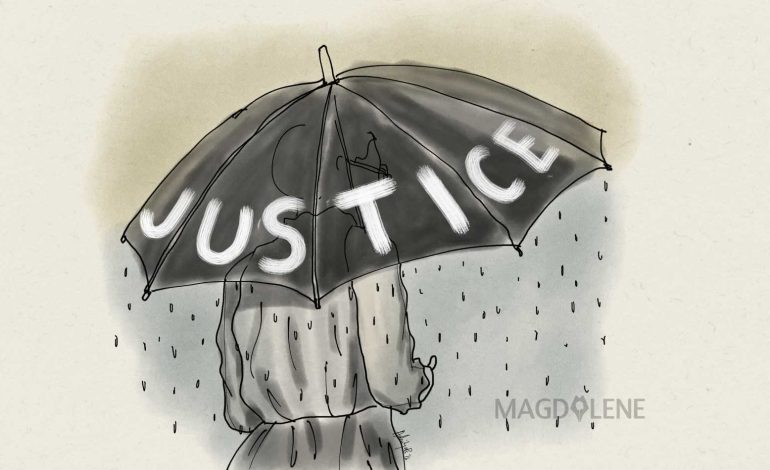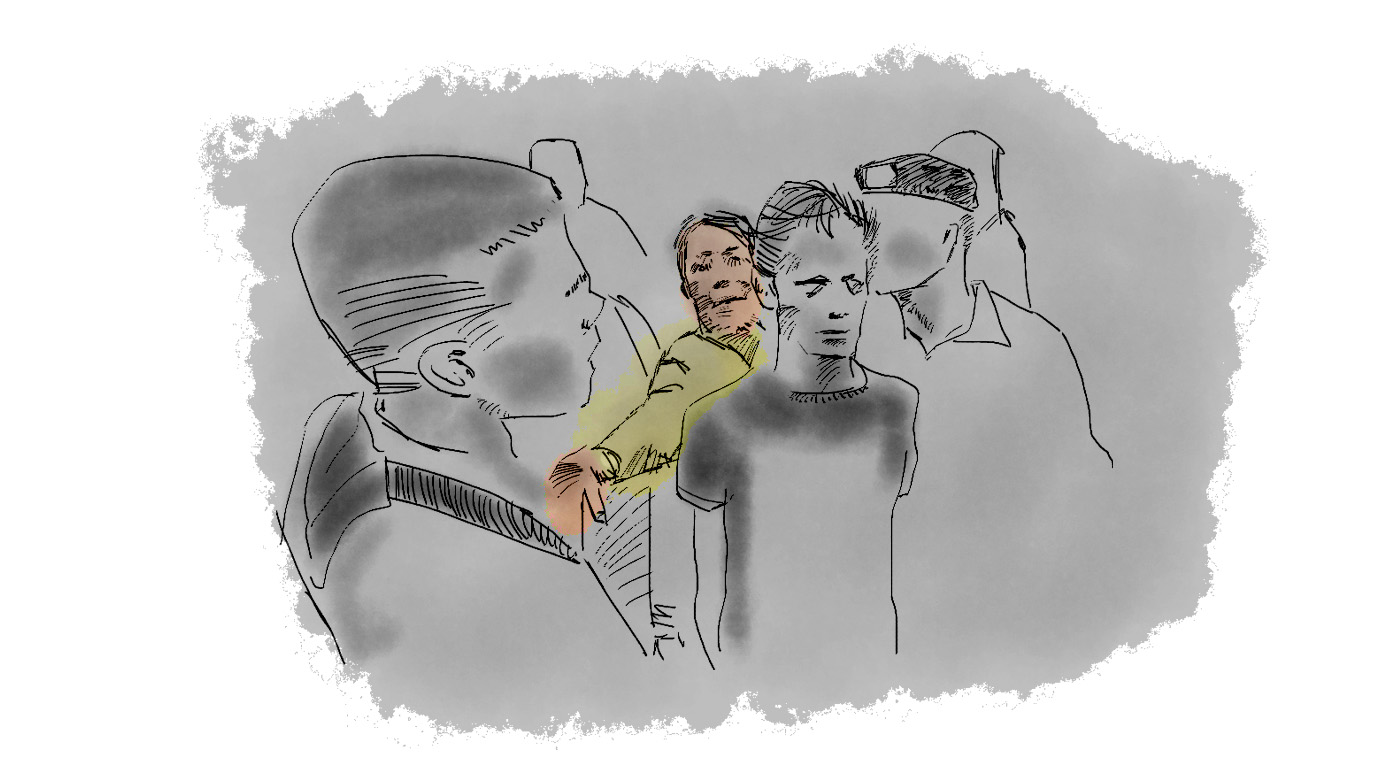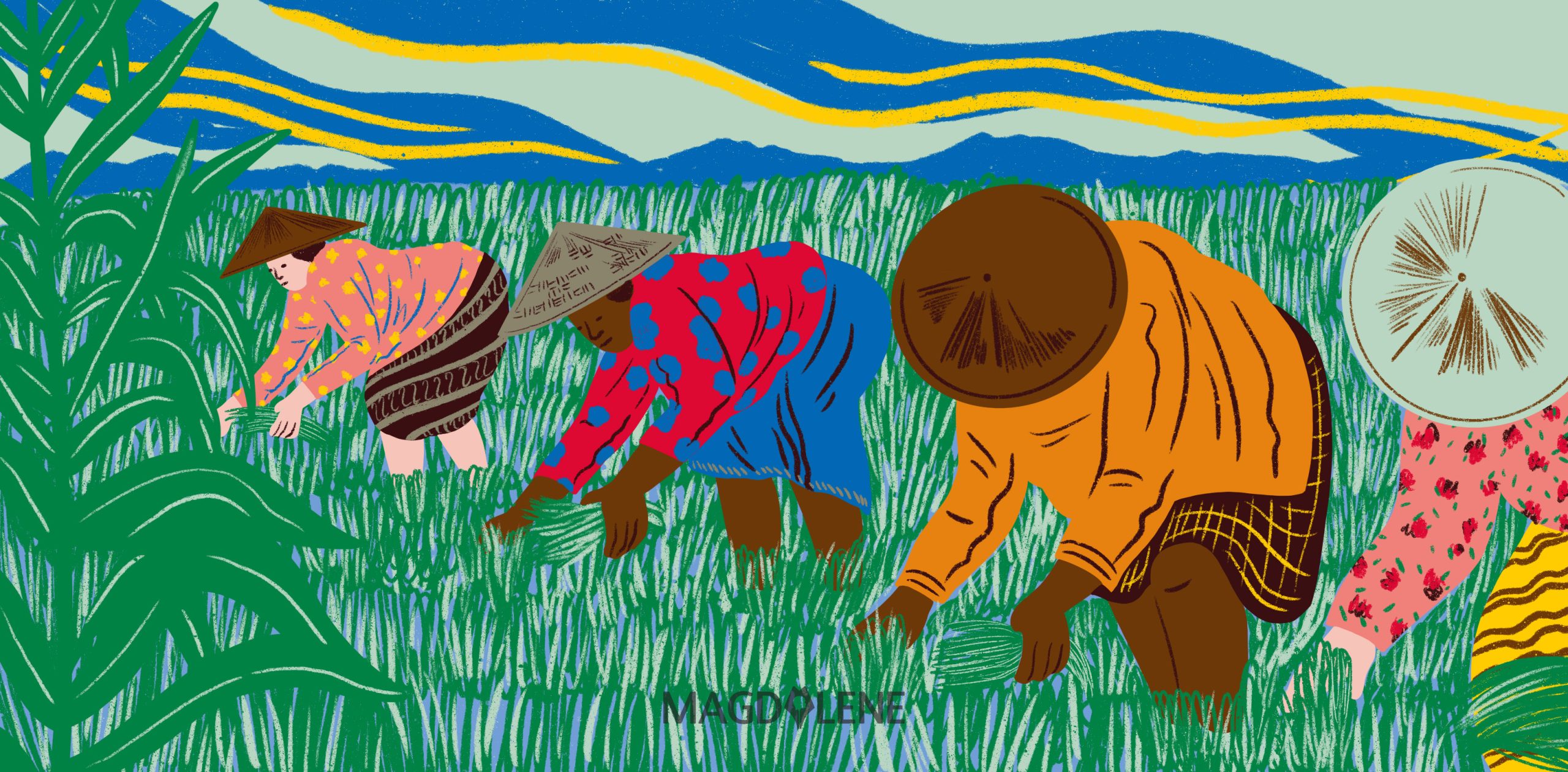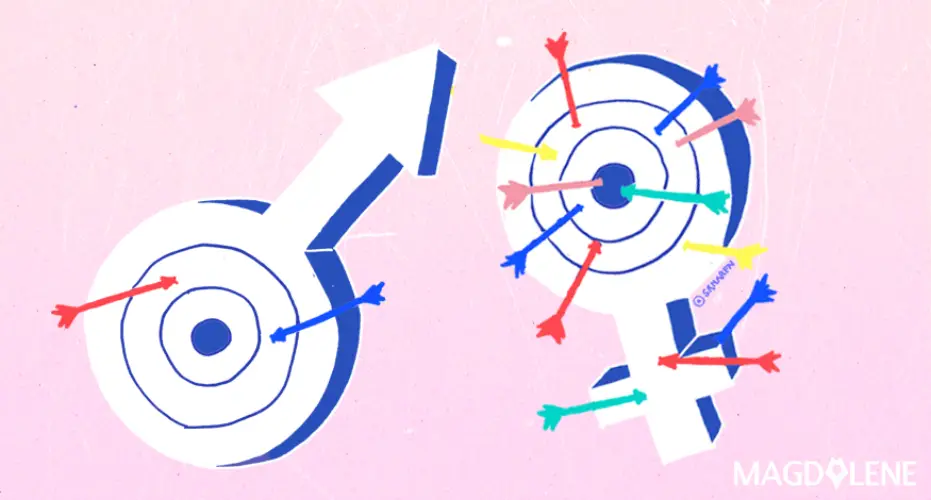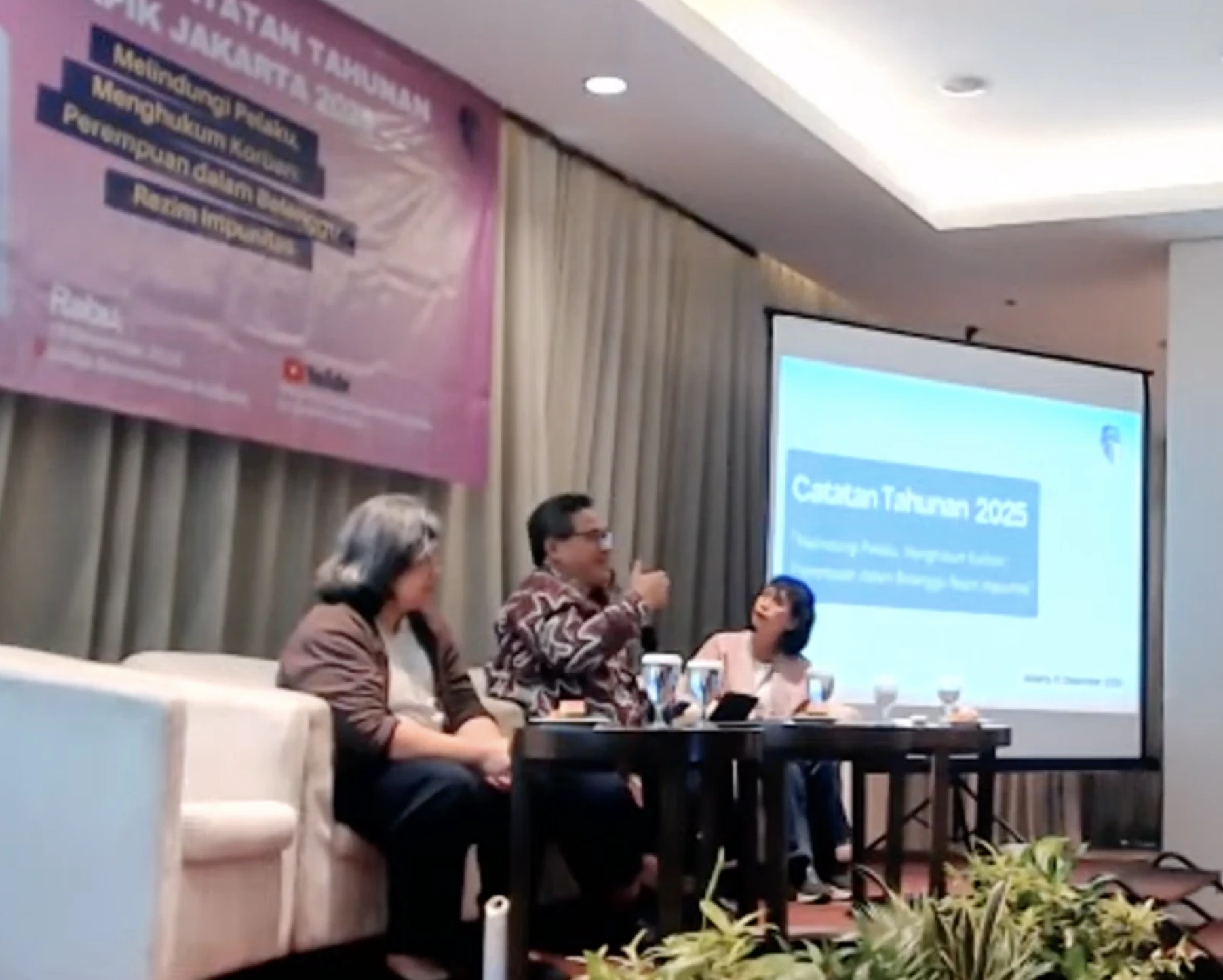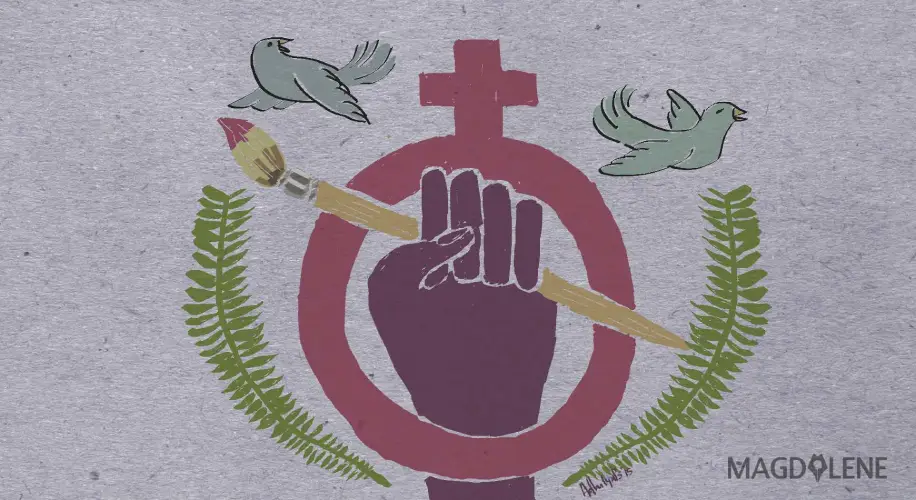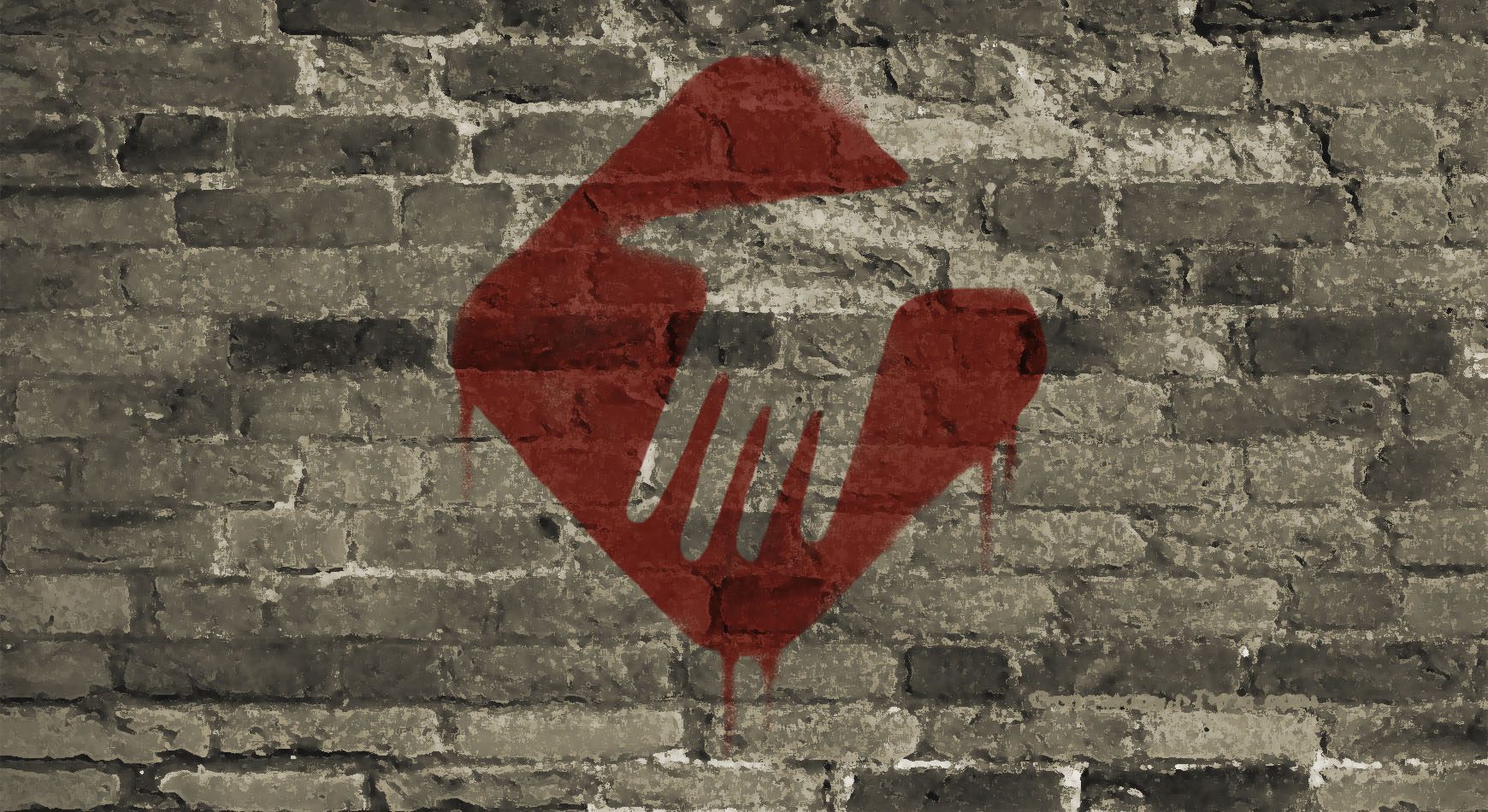President Must Make Headway on Sexual Violence Bill: Parliamentarians and Rights Group
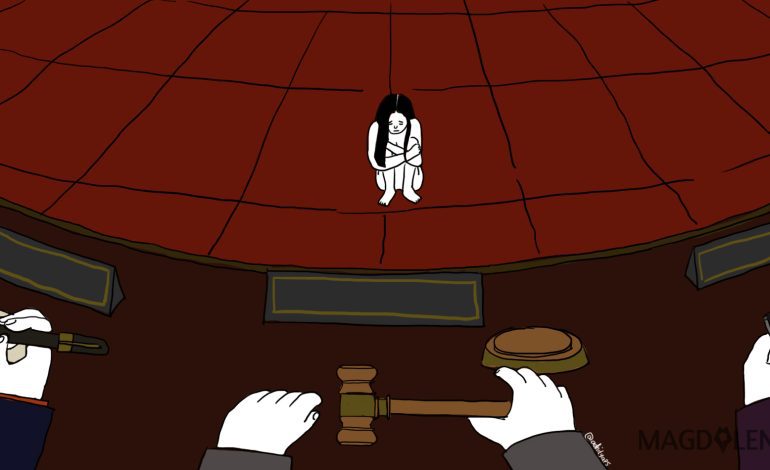
Members of House of Representatives (DPR) together with the National Commission on Violence against Women (Komnas Perempuan) has called on the government to do its bit so the House can begin to deliberate a bill on sexual violence.
The Bill on the Elimination of Sexual Violence, which was drafted by Komnas Perempuan, has been submitted on April 6 and is part of the 2016 Legislation Priority List in the House. The ball is now in President Joko Widodo’s court to continue the process.
“Indonesian people are currently awaiting the President to issue a Presidential letter to appoint the relevant Ministries as representatives for the debate on Draft Law on the Elimination of Sexual Violence in the House,” said Rieke Diah Pitaloka, a parliamentarian from the President’s own party the Indonesian Democratic Party-Struggle (PDI-P), during a joint press briefing on Friday (Jun. 3).
“We have been pushing for this bill since 2015. We hope that the House and the government will be able to comprehend the bill that was drafted by Komnas Perempuan,” she added.
Rieke is one of the 70 legislators who submitted the anti-sexual violence bill. The others include Dwi Ria Latifia from PDI-P; Rahayu Saraswari Djojohadikusumo from Gerindra; Fahd El Fouz Arafiq and Firman Soebagyo from Golkar; and Saleh Partaonan, Daulay Totok Daryanti and Ammy Amalia Fatma Surya from the National Mandate Party (PAN).

By law, a Presidential Letter, known by its Indonesian acronym Surpres, must be issued with sixty days after a bill is submitted.
The bill is highly needed in the country, where every three hours two women are victims of violence, including sexual violence. Komnas Perempuan’s annual finding shows sexual violence as the second highest form of violence against women perpetrated in private space with many of the cases committed by people close to the victims.
Said Komnas Perempuan Chair Azriana: “In 2017 Indonesia should already have the Law on the Elimination of Sexual Violence. This is an important historical step for women.”
“Until now, the rights for the victims of sexual violence have not been fully protected, especially their rights to justice and recovery,” she added.
Only limited number of sexual crimes are identified in Indonesia’s Criminal Code. The law tends to side with the perpetrators as it makes it hard for victims to prove their assault. In addition, the law only focuses on the punishment of the perpetrators, ignoring the recovery aspects of the victims, many of whom suffer from physical, psychological and social impacts of their assaults.
The proposed draft bill on sexual violence widens the definition of sexual violence, including rape, sexual harassment, sexual exploitation, sexual torture, sexual slavery, forced abortion, forced marriage, and forced prostitution.
Rieke said aside from the legal aspects, the bill must also address prevention, recovery, and access to economy aspects for the victims of violence. For this, the deliberation must involve all the related stakeholders, she said.
“Just as important in the debate over the bill is the community’s participation, especially organizations that assist victims,” she said.
Find out how to become a “funraiser” and “voluntourist” to help build learning centers for Papuan Children and follow @bunnnicula on Twitter

